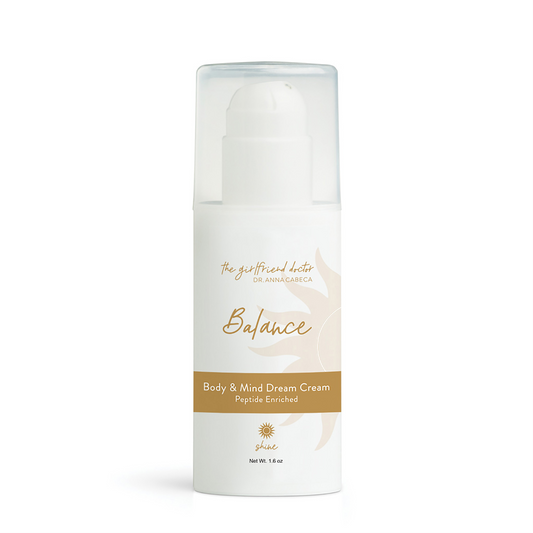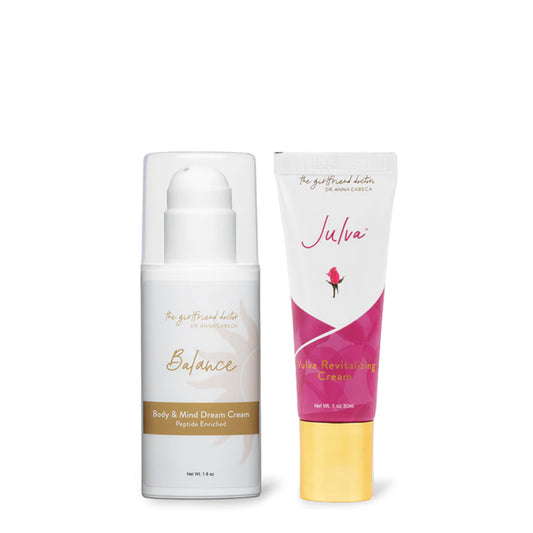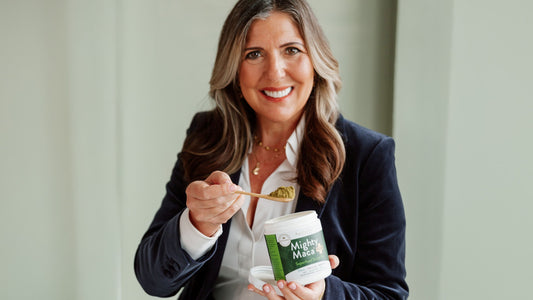09/19/2011
By Rob Goodier
NEW YORK (Reuters Health) June 21 – In older women, higher levels of endogenous estrogen at baseline predicted a lower risk of heart disease in the Women’s Health Initiative trials, a new analysis shows.
“Regardless of treatment, our hormone levels predicted your chance of heart disease,” Dr. Douglas Bauer, who led the new research at the University of California in San Francisco, told Reuters Health. Dr. Bauer and his team presented their findings Sunday at the 93rd annual meeting of Endocrine Society in Boston.
The WHI trials studied two treatments: estrogen, and estrogen plus progestin. The estrogen-alone trial randomized 10,739 women to take either conjugated equine estrogens or a placebo and tracked them for about 7 years.
The estrogen-plus-progestin trial randomized 16,608 women to take either estrogen plus medroxyprogesterone acetate, or a placebo and tracked them for more than five years.
Overall, 748 women had heart disease events (e.g., myocardial infarction, silent MI, or cardiac death) during follow-up, including 416 subjects in the estrogen-alone trial and 332 in the estrogen-plus-progestin trial.
When Dr. Bauer and his colleagues analyzed baseline quartiles of serum estradiol (E2) levels, they found that heart disease risk decreased with higher E2 levels (p for trend, <0.05).
Furthermore, “baseline levels of total E2 did not modify the relationship between treatment and coronary heart disease risk” in either trial, the researchers said in their abstract for the meeting.
In the estrogen-plus-progestin trial, women in the highest quartile of E2 levels had a 70% lower risk of heart disease compared to those in the lowest quartile (hazard ratio: 0.3). In the estrogen-alone trial, women with the highest E2 levels were 50% less likely to suffer a cardiac event compared to those with the lowest E2 levels (HR: 0.5).
“This is more likely to be useful in women trying to predict their risk of heart disease than in trying to determine the best treatment,” Dr. Bauer said. “In the future, you could, perhaps, measure estrogen to tell the likelihood of heart disease.”







